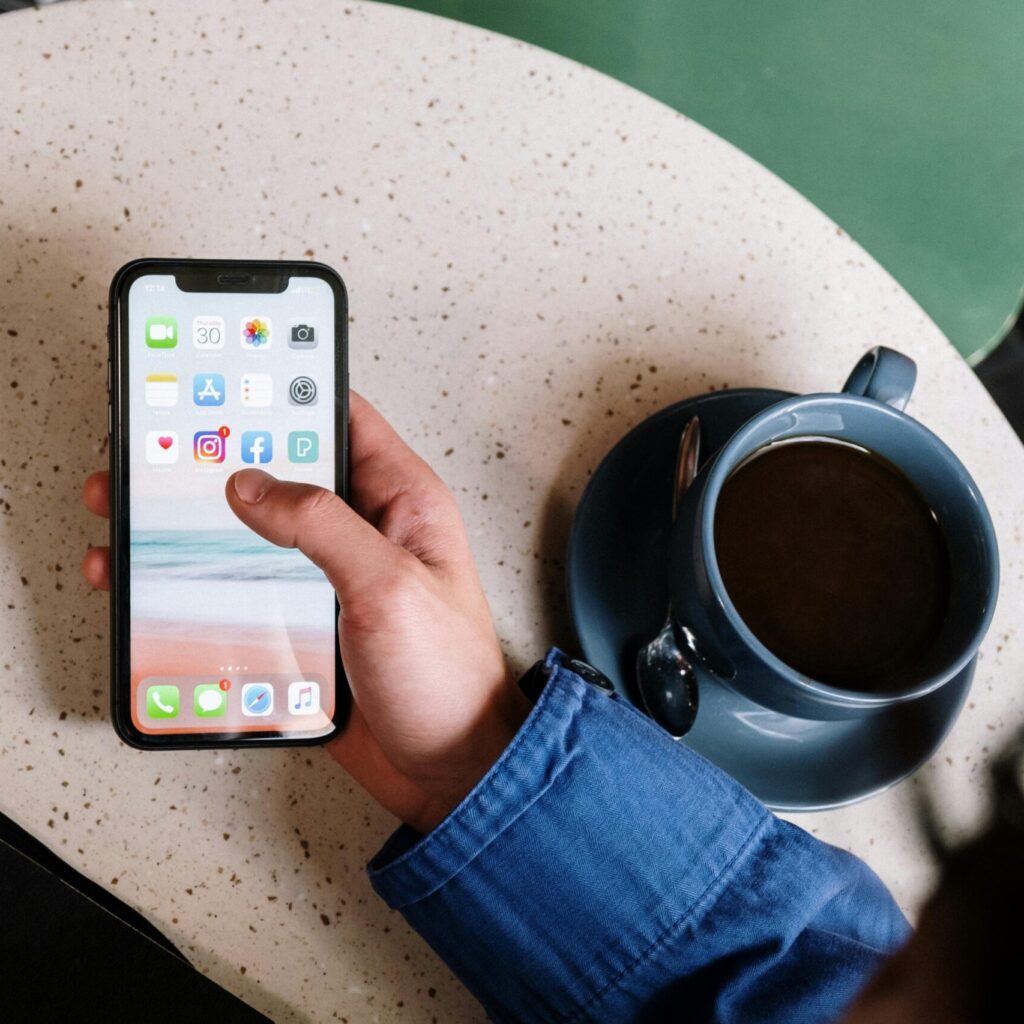As the school bells ring on a new academic year, it’s a great time for educators to focus on building healthy habits and self-care routines. The start of a new semester gives us a chance to prioritize our well-being from day one, setting the stage for a more fulfilling and productive year. By integrating small, intentional self-care practices into our daily lives, we can better handle the challenges and stresses of teaching.
This year, let’s commit to nurturing ourselves as we nurture our students’ minds. Whether you’re a seasoned educator or just starting out, remember that taking care of yourself is essential for maintaining the energy, passion, and resilience needed to inspire and guide your students. As we sharpen our pencils and prepare our lesson plans, let’s also craft a personal plan for well-being that will sustain us through the exciting months ahead.
The Importance of Building Good Self-care Habits

Teaching is often called a noble profession, but it’s also one of the most demanding. Educators today face unprecedented levels of stress and burnout, juggling multiple responsibilities while striving to meet the diverse needs of their students. The pressure to perform, adapt to changing educational landscapes, and manage increasing workloads can take a significant toll on teachers’ mental and physical well-being. This is where self-care becomes not just beneficial, but essential.
Implementing regular self-care practices can dramatically improve an educator’s personal well-being and professional performance. When teachers prioritize their own health and happiness, they’re better equipped to handle classroom challenges with patience and creativity. This positive change doesn’t just benefit the educator; it creates a ripple effect throughout the school environment. Students learn better from teachers who are energized and passionate, and a teacher’s improved well-being can contribute to a more positive and productive classroom atmosphere.
Non-technological Self-care Practices

While modern technology offers many self-care tools, traditional practices still hold immense value. Physical self-care forms the foundation of overall well-being. For educators, this might mean committing to regular exercise, even if it’s just a brisk walk during lunch break or after school. Prioritizing nutrition by meal prepping healthy lunches and snacks can provide sustained energy throughout the school day. Establishing a good sleep routine becomes crucial for maintaining energy and focus, especially in a profession where late-night grading is common.
Mental and emotional self-care habits are equally important for educators dealing with the emotional demands of teaching. Meditation or mindfulness exercises, even when done for just a few minutes before or after school, can help manage stress and improve focus. Journaling can be a powerful tool for processing the day’s events and reflecting on teaching practices.
Engaging in hobbies unrelated to work, whether it’s gardening, painting, or playing an instrument, can provide a much-needed mental break and creative outlet. Even taking time to walk your dog at a nearby park can provide a nice mental boost at the end of a hectic day. Social connections also play a vital role in self-care. Building supportive relationships with colleagues, spending quality time with family, or engaging in community activities can provide emotional support and a sense of belonging outside the classroom.
If providing good self-care is difficult during the week, make an extra effort on weekends to focus on repairing and reinforcing value in your life. This may be difficult when you lack energy and stressors are building up but, just like how it’s important to commit to the regular maintenance of your vehicle, it’s vital that you not neglect yourself for long periods of time.
Modern Tools and Techniques for Self-care Habits

In today’s digital age, educators have access to a wealth of modern tools and techniques that can support their self-care journey. From smartphone apps that guide meditation sessions to online platforms that connect teachers for peer support, technology offers convenient and accessible ways to incorporate self-care into busy schedules. These tools can help track habits, provide reminders for self-care activities, and offer resources for stress management tailored specifically to the challenges faced by educators. Here are a few suggestions for you to consider:
Mindfulness & Meditation:
- Headspace (App/Website): Guided meditations and mindfulness exercises tailored for sleep, focus, stress relief, and overall well-being. Free for educators in many regions.
- Calm (App/Website): Soothing soundscapes, guided meditations, and mindfulness courses to promote relaxation and reduce stress.
- Insight Timer (App): Free meditation app with a vast library of guided meditations from various teachers, durations, and purposes.
Stress Management:
- Happify (App): Interactive activities and games designed to build resilience and positive emotions.
- StressCoach (Website): Offers personalized stress management tools, including self-assessments, goal setting, and coping strategies.
- Ten Percent Happier (App/Website): Based on Dan Harris’ book of the same name, this app provides guided meditations and talks on mindfulness and stress management.
Sleep & Wellness:
- Sleep Cycle (App): Tracks sleep patterns and provides personalized insights to improve sleep quality.
- MyFitnessPal (App/Website): Tracks food intake, exercise, and weight to promote healthy habits and well-being.
Gratitude & Positivity:
- Three Good Things (App): Simple app to record three positive things from your day, fostering gratitude and a positive outlook.
- Happier (App): Digital gratitude journal with prompts and reminders to cultivate a sense of thankfulness.
- Daylio (App): Mood tracker that allows users to record their emotions and identify patterns, promoting self-awareness.
If you are wanting even more modern ways to help with self-care, here are some custom GPTs to check out. With these, you can use the free or paid version of ChatGPT to make the most of them. When you are first using a custom GPT, consider starting with, “Tell me about yourself.” The GPT should respond with information about its purpose and how you can make the most of it.
- This Day I Am Self Care Virtual Card Deck: A digital extension of the physical “THIS DAY I AM…” card deck designed to promote daily self-care and mental well-being. Each self-care activity comes with four levels of engagement, ranging from basic to advanced, allowing you to choose what best suits your current state and energy levels.
- In-Home Fitness Coach: This custom GPT focuses on providing advice that encourages regular, moderate exercise, balanced nutrition, and effective stress-relief techniques. It aims to offer guidance that is inclusive and suitable for a wide range of individuals, avoiding extreme measures or challenging regimes.
- MindFit Mentor: A comprehensive guide to science-informed personal, professional, and relationship growth, trained on thousands of pages of evidence-based content. Authored and vetted by a team of licensed psychologists in California.
You can find many more custom GPTs through a variety of tools such as Best GPT Help, GPTfinder, and Google search for recent self-care GPTs.
However, it’s important to remember that while these modern tools can be incredibly helpful, they should complement rather than replace traditional self-care practices. The key is finding a balance that works for each individual educator. This might involve using a mindfulness app during the morning commute, participating in online professional development communities for support and growth, or utilizing digital tools to streamline work processes and create more time for personal care. By thoughtfully integrating both traditional and modern approaches to self-care, educators can develop a comprehensive strategy to maintain their well-being and thrive in their professional lives.
Share Your Thoughts
What are your favorite self-care habits and strategies? Do you have a preferred app/website or even a unique way of using AI to assist in positive self-care? Share in the comments! Try one of these methods and let us know how it works for you. Let’s support each other in maintaining our well-being throughout the school year.

